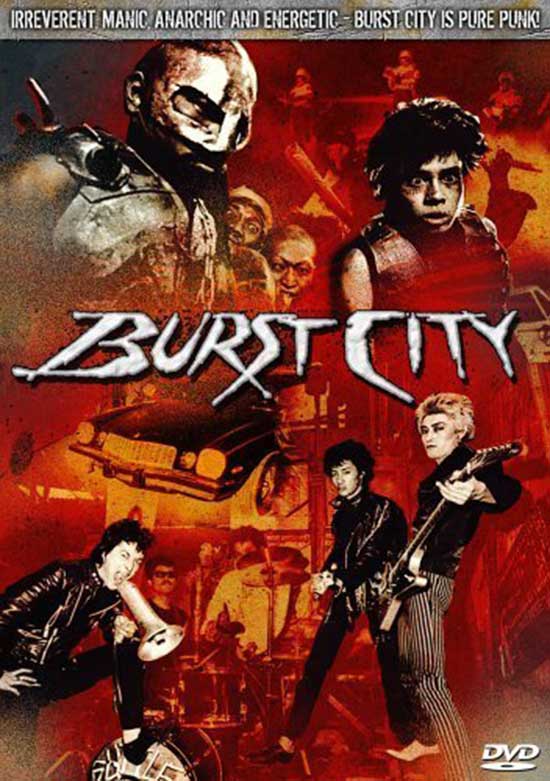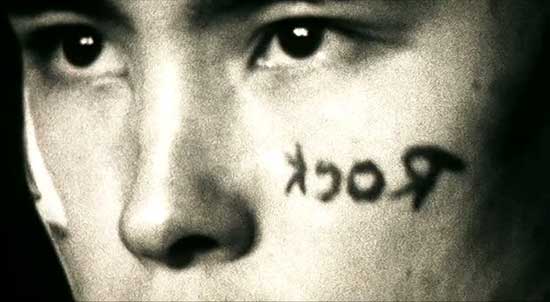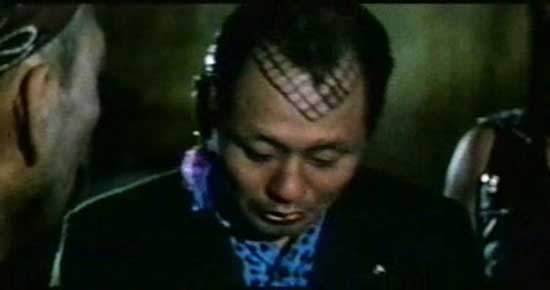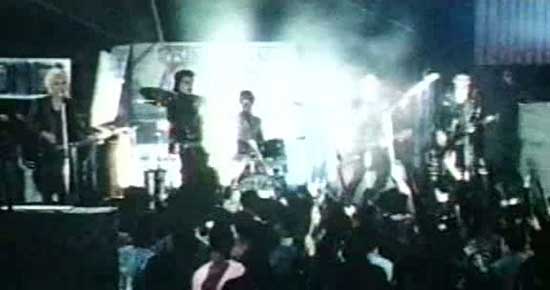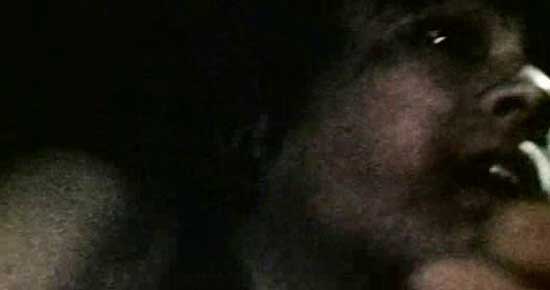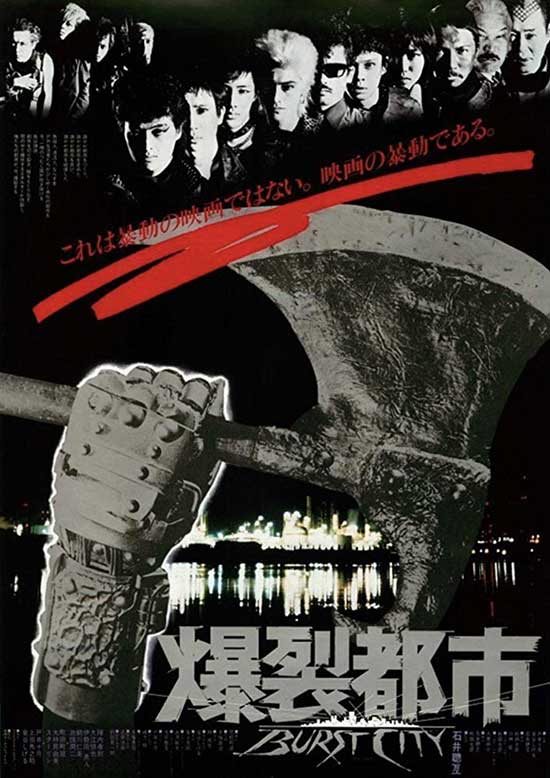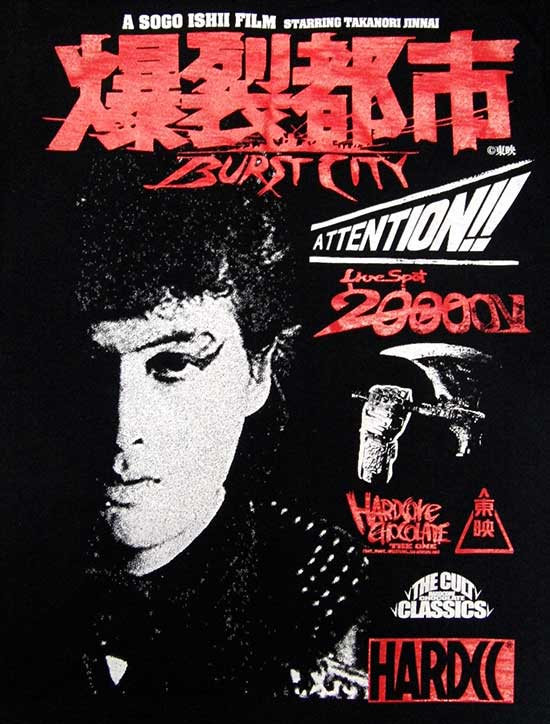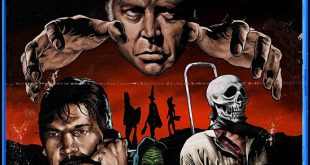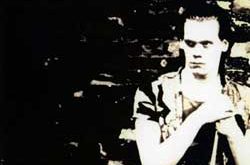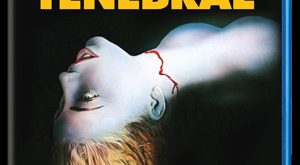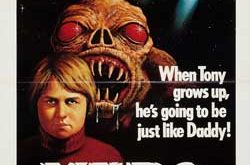SYNOPSIS:
Punk rock gangs and music groups clash with one another and the brutal police force in a futuristic Tokyo setting.
REVIEW:
The Name Sogo Ishii may not instantly ring bells when talking about Japanese cinema. His filmography, although quite extensive, extending from the mid 70’s all the way to this decade, is not particularly widely known amongst western viewers and something that only those with special interest in specific genres will ultimately hunt down. However, in Japan and certainly in the world of sci-fi and more specifically Japanese cyberpunk, Ishii’s work has been highly influential in defining a lot of the aesthetics we nowadays associate with the Japanese cyberpunk movement, as well as inspiring and influencing the works of other genre filmmakers. Burst City, the seminal piece amongst Ishii’s punk films, is something quite unparalleled even in its genre and a film well worth a watch.
Like many cyberpunk films of its era, Burst City is not a film overly concerned with storytelling. Set in a dystopian Tokyo at undetermined time in the future, it follows a group of punk rock gangs battling with each other as well as the local police force. There is a loose plotline of corrupt businessmen/city officials/gangsters causing havoc amongst the gangs and local power plant construction workers, and revenge that is taken as a result, but it is a thread that might not quite reveal itself until after a few attentive views. The main focus of the film is firmly on the visual and musical side of things and on both of these scores, Burst City delivers in tenfold. It’s indeed disappointing that the version I had the pleasure of watching was of such poor quality. Looking like a VHS tape that had been watched one too many times, a lot of the potential brilliance of the film was sadly slightly lost somewhere in the haze.
However, even with this dismal picture quality, it’s easy to tell that behind the low resolution there lurks some real moments of excellence. The manic camera moves at such speeds that it is, on occasions, almost impossible to keep up with. The imagery is rich with gloomy, atmospheric shots of barren industrial landscapes, foretelling many of the visuals that would later be heavily present in the films of Shin’ya Tsukamoto and Shozin Fukui. While Burst City is not alone in influencing these aesthetics, it is very clear that it was one of great importance.
The stream-of-consciousness style that the story moves forward, together with sharp, hectic editing style is something that became almost synonymous with Japanese cyberpunk in the years that followed and a technique that filmmakers such as Tsukamoto and Fukui would carry on perfecting. While Burst City might not have had quite as avant-garde take on things as some of the subsequent films, it certainly radiates that same energy and ambience, just with a slightly different focus.
And that focus, of course, is music. Ishii, a known name in Tokyo’s underground film and punk rock scenes, made the film together with actual punk bands and the performances and music of The Rockers, The Roosters and The Stalin play a major part in the film; so much so, that parts of it could almost be mistaken for a documentary about the punk movement or an extended music video, rather than a piece of narrative cinema.
That of course was one of Ishii’s goals for this film: to make something that encapsulates the very essence of punk rock in every sense of the word. As such Burst city is an incredibly successful venture: the raw, anarchic energy it exudes is nothing but. It’s a complete bombardment of the senses that takes you for a loud, aggressive, grimy journey through a musical genre; punk rock in film form.
Burst City is Ishii’s Love letter to Punk rock. It will not be for everyone. If you’re looking for some cyberpunk to watch and are in search of something along the more traditional lines such as Blade Runner or Akira, it might leave you slightly disappointed.
For such an influential film, it is ironically quite far removed from what we now days consider cyberpunk, or even Japanese cyberpunk. What’s important to understand is that the word “punk” is the operative word here. Yes, it’s dystopian, yes it has futuristic elements to it, but more than anything, Burst City is pure punk rock from start to finish. It’s unrelentingly energetic, occasionally dizzyingly fast to the point of confusing, and for those wanting to get to the very root of Japanese cyberpunk, it is an absolute must see.
 Horror News | HNN Official Site | Horror Movies,Trailers, Reviews
Horror News | HNN Official Site | Horror Movies,Trailers, Reviews
